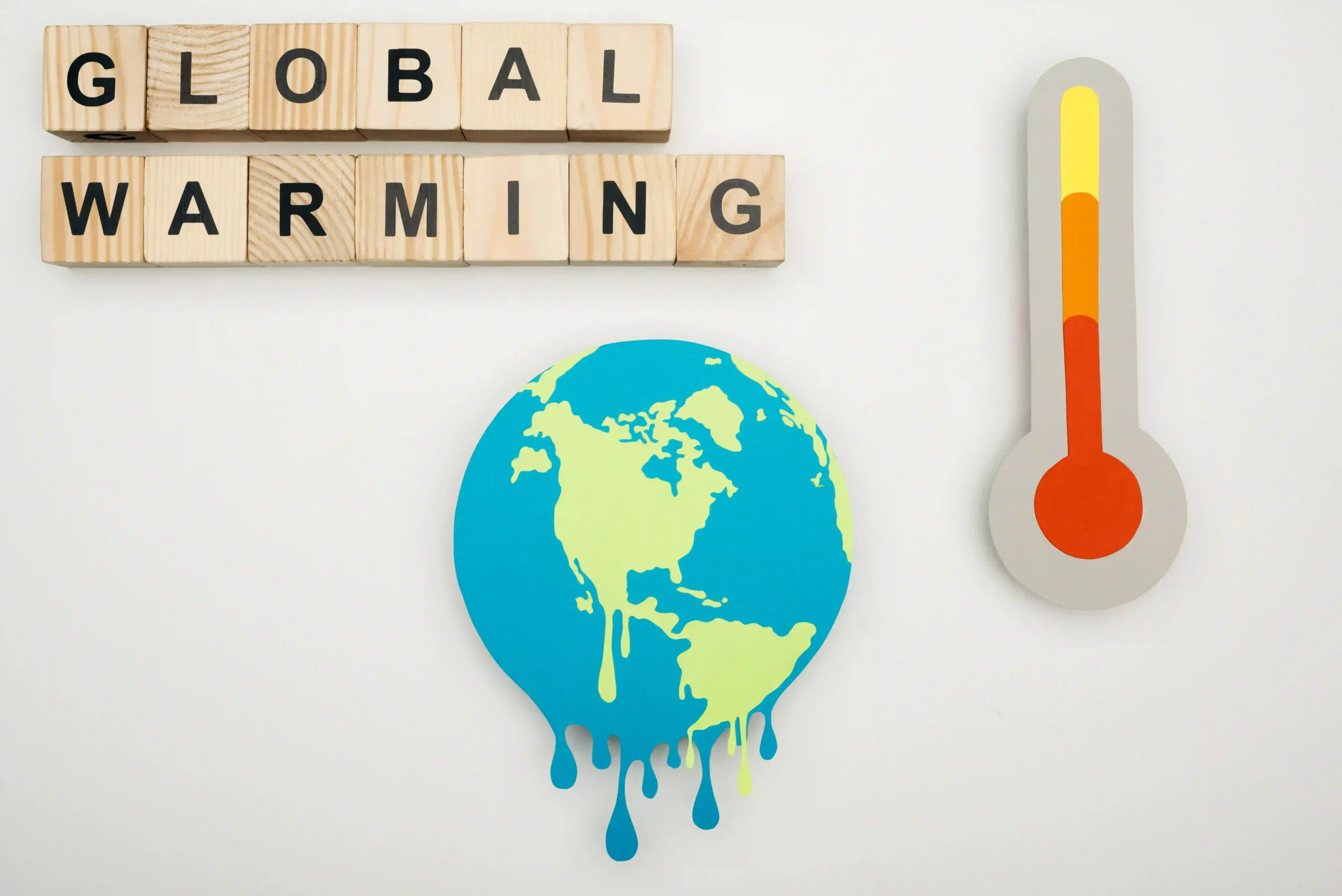Global Warming Exceeds 1.5°C: What It Means and What’s Next” offers a comprehensive examination of a critical juncture in climate change. Recent data from the EU’s Climate Service Center reveals a troubling reality: global warming surpassed 1.5 degrees Celsius between February 2023 and January 2024, breaching the limit set in the 2015 Paris Agreement. This alarming trend underscores the urgent need for decisive action to address climate change.
As I reflect on the insights shared in the discussion, I’m struck by the gravity of the situation. Dr. Meersinger Hobs, a distinguished researcher from The Institute for Public Policy Research, provides invaluable analysis of the implications of this warming trend. His commentary highlights the far-reaching consequences for ecosystems, food security, and global weather patterns. Dr. Hobs’ expertise serves as a sobering reminder of the immediate and profound impacts of climate change.
The significance of surpassing the 1.5°C mark cannot be overstated. This milestone represents a critical tipping point, beyond which the adverse effects of climate change are expected to escalate rapidly. Rising global temperatures pose a threat to biodiversity, exacerbate extreme weather events, and jeopardize the livelihoods of millions of people worldwide. Urgent and concerted action is needed to mitigate these impacts and safeguard our planet’s future.
Dr. Hobs’ commentary underscores the interconnected nature of climate change and its disproportionate impact on vulnerable communities. This aspect resonates deeply with me, as it highlights the importance of addressing social and environmental justice issues in tandem. The urgency of the situation compels us to prioritize sustainability and equity in our efforts to combat climate change.
While the challenges posed by climate change are daunting, there are reasons for optimism. Dr. Hobs points to recent governmental initiatives and investments in renewable energy as signs of progress. The Inflation Reduction Act in the United States and China’s commitment to renewable energy production demonstrate a growing recognition of the need for decisive action on a global scale.
However, more must be done to accelerate the transition to a low-carbon economy and mitigate the impacts of climate change. This requires bold and ambitious policies that prioritize sustainability and environmental stewardship. It also necessitates collaboration and cooperation among nations to address this shared global challenge.
In conclusion, “Global Warming Exceeds 1.5°C: What It Means and What’s Next” serves as a poignant reminder of the urgency of addressing climate change. Dr. Hobs’ insightful commentary underscores the need for immediate action to mitigate the impacts of rising global temperatures. As individuals, communities, and nations, we must rise to the challenge and work together to secure a sustainable future for generations to come.

